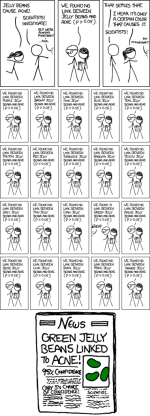Or perhaps you just completely missed my point.
Again.
Yes, destroying cities should be beyond consideration. But some (such as Putin) clearly do consider it.
The point I am trying (and evidently failing) to get across is that destroying a city with a nuclear bomb isn't particularly different from doing so with a thousand bomber raid, from the perspective of the people living there at the time.
The idea that nuclear weapons are uniquely awful is simply false. There are ways of achieving the same awfulness without nuclear weapons, and those ways were in fact implemented on a massive scale in living memory.
The Hiroshima and Nagasaki bombings were war crimes; But they weren't worse than Tokyo. Indeed, as they were smaller than Tokyo, destroying Tokyo was the bigger crime.

